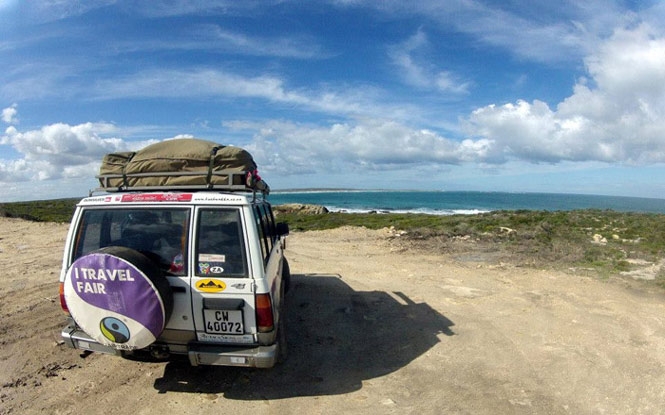Feb

Tips For Responsible Travel
Whether you are planning the trip of a lifetime, a gap year abroad or just a short holiday, you can make a difference when you travel, not only for yourself but for the people and places you visit.
Being a responsible traveller requires thought and preparation. Responsible travel is based on the principles of sustainability and it requires you to examine the environmental, social and economic dimensions of your trip. Thus, responsible travel is all about minimizing the impact of your travel and maximizing the benefits for local economies, environments and host communities.
Making informed choices before and during your trip is the single most important thing you can do to become a responsible traveller.
Give some serious thought to your packing list. Your hi-tech synthetic travel jacket might keep you snug, but is it also polluting the planet or exploiting the people you plan to visit? Your soap and shampoo may smell wonderful but are they biodegradable? Try and ensure your backpack contains as many ethical products as possible (i.e. environmentally-friendly, fair-trade, not tested on animals, etc).
Travel lightly and leave any excess packaging at home (i.e. plastic wrapping) - your hosts shouldn't have to deal with your rubbish.
Educate yourself about the destination you are visiting by reading guidebooks and travel articles: culture, religion, geography, politics, ecosystems and local customs.
Use public transport, hire a bike or walk when convenient - it's a great way to meet local people and reduce pollution.
Try to support the local economy by buying regional products instead of imported goods. Use local services and businesses which employ members of the community, it is far more enriching and is mutually beneficial.
Help preserve local wildlife and habitats by respecting rules and regulations, such as sticking to footpaths or not standing on coral. Take care not to buy trinkets and souvenirs made from local flora or fauna. By buying products made from coral, starfish, shells, fur, ivory, hides, feathers, horns, teeth or eggs, amongst other things, you may be encouraging an illicit trade in endangered wildlife.
Animals are not here to amuse us, so do not support this trend by visiting circuses, festivals and carnivals where performing animals are used.
Respect local customs, traditions and culture - a responsible traveller doesn't go abroad to force their world-view on developing communities. Always ask before photographing local people.
Think carefully about what's appropriate in terms of your clothes and the way you behave. You'll earn respect and be more readily welcomed by local people.
Respect local laws and attitudes towards drugs and alcohol that vary in different countries and communities.
Support hotels and hostels that have an environmental policy and give back to the local community.
Try to learn some words in the local language such as please and thank you, as this will be greatly appreciated and shows a respect for the culture.
Don't be obsessed with getting the lowest price when haggling. What does a few pence mean to you compared to the seller?
When eating out, choose small local restaurants so you will benefit individuals instead of companies. Drink local beer, wine and fruit juices rather than imported brands. Take a strong water bottle and boil or purify your drinking water, rather than buying bottled water.
Ask the operator or company if they are environmentally responsible when you book a tour.
Always try and use local energy and water as efficiently as possible and adopt a zero-litter policy.
When travelling or trekking in sensitive places use a solar powered battery charger for cameras, iPods or global positioning systems to avoid wasting batteries.
Travelling to impoverished countries may incite you to offer medical help but unless you know what would be most beneficial you could do more harm than good. By giving out medicine to alleviate suffering you could unwittingly make the condition more difficult to treat and delay recovery. It is better to give your unused first-aid kits to local clinics or health charities rather than 'experiment' on local people.






